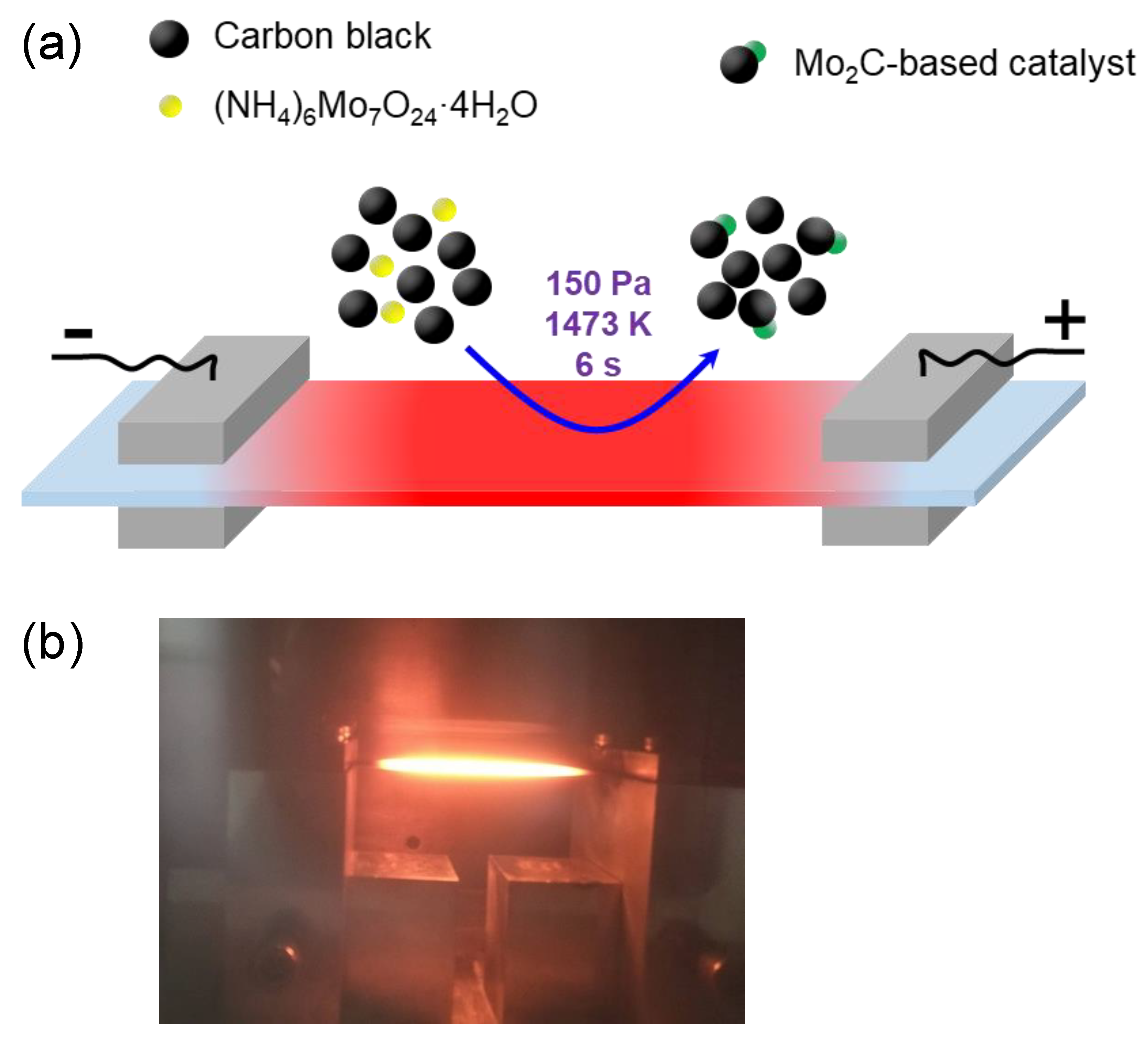Flash Joule Heating Innovation, Flash enclosed in a flash Researchers at Rice University have invented a unique process called Joule heating (FWF), which has the potential to completely change the way high-grade solid-state materials are manufactured. This novel method of synthesising materials was created in the lab of Dr. James Tour and provides a quicker and more environmentally friendly method. It might totally change a lot of industries. On August 8, 2024, the study’s findings were published in Nature Chemistry.
The Challenge of Traditional Material Synthesis
In the past, synthesizing solid-state materials has been energy- and time-consuming and often resulted in the production of dangerous byproducts. The majority of current methods require high temperatures and long response times, which have a detrimental effect on the environment and energy usage. The new FWF approach offers a more efficient and eco-friendly replacement that reduces energy, water use, and greenhouse gas emissions by over 50% in order to address these problems.
The Science Behind Flash-Within-Flash Joule Heating Innovation
The FWF method is an advancement of Dr. Tour’s 2020 development of flash Joule heating, originally used for waste disposal and upcycling. This technique involves passing a current through a moderately resistive material to rapidly heat it to over 3,000 degrees Celsius (over 5,000 degrees Fahrenheit), transforming it into different substances. However, the original process was limited to materials that were conductive.

The key to FWF’s breakthrough is getting past these conductivity restrictions. A dual-reactor arrangement was introduced by the study team, which also included associate professor Yimo Han and Ph.D. candidate Chi Hun “Will” Choi. This configuration consists of an inner reactor that is semiclosed and holds the target reagents, and an exterior flash heating vessel that is filled with metallurgical coke. The procedure produces a high temperature of about 2,000 degrees Celsius, which allows for effective heat conduction and the quick synthesis of high-quality materials.
Increasing the Capabilities for Material Synthesis
More than twenty distinct phase-selective materials with exceptional purity and consistency can be produced using this innovative method. These compounds include alpha-phase indium selenide, tungsten diselenide, and molybdenum diselenide (MoSe2), which are next-generation semiconductors that are infamously difficult to synthesis using traditional methods.

“Previously, we were limited to flashing carbon and a few other conductive compounds,” said Dr. Tour, who holds the T.T. and W.F. Chao Professor of Chemistry title at Rice University. “Now, with FWF, we can synthesize almost the entire periodic table. It’s a significant advance.”
Implications for Industry and Research
Through simplification of the synthesis procedure and elimination of the need for conductive agents, the FWF approach reduces the possibility of contaminants and unwanted byproducts. It is the greatest choice for several industries as a result, including electronics and aviation. Solid-state lubricants are necessary for high-performance aircraft applications, and this is where FWF’s MoSe2 material shines.
A Sustainable Future for Material Synthesis
The establishment of FWF marked a significant turning point in the search for more ecologically friendly industrial processes. It has the power to revolutionize industrial and scientific contexts because to its large-scale, environmentally benign production of high-quality materials.
The gram-scale solid-state materials research project, “Flash-within-flash synthesis,” was funded by the Air Force Office of Scientific Research, the U.S. Army Corps of Engineers, and the Welch Foundation. The research lays the foundation for advancements in several industries, including as electronics, energy, and catalysis, and opens up new possibilities for the production of sustainable materials.
For more latest news checkout our website: latestglobalinsight











